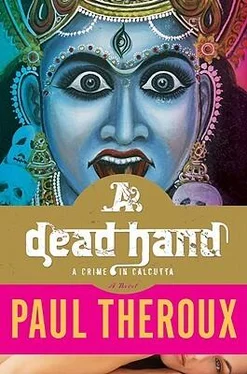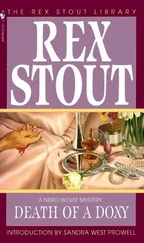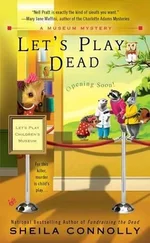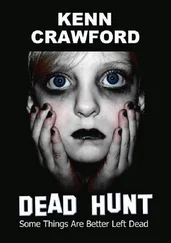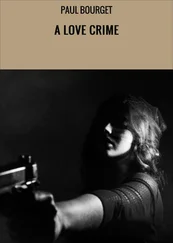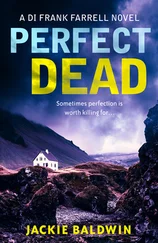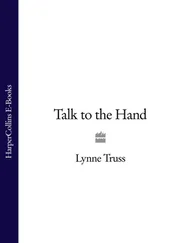"Looking out the window?" I asked.
"Of hired motor vehicle."
"How well do you know these factories?"
"From the ground up. Thorough knowledge," he said, "of ins and outs."
"Exactly how many carpet factories are there?"
He became professorial again, leaning on his umbrella. "Are you meaning carpet factories, or factories that create weavings."
It took me a moment to translate vee-vings. I showed him the piece of carpet again. "This sort of thing."
He handled it and removed his eyeglasses. He put on a different pair of glasses and studied the fragment of carpet he had dismissed as worthless some minutes before.
"This is like calling card," he said. "This is like signature."
While he frowned over it, Howard glanced at me. I rolled my eyes. He smiled. I envied Howard his equanimity.
"We are in your capable hands," Howard said.
"It is of some little interest." He nodded at it and turned it in his hands.
"The design?"
"Not at all," he said. "Design says nothing."
"What then?"
"Underside. Backing and stitching. Label has been removed."
"So we were told." I wanted to snatch the piece of carpet away from him and slap it against his head until he howled in pain.
"Made in Mirzapur," Howard said.
"I could have informed you of this fact, sir." He examined his fingernails and took an interest in one thumbnail.
"Would it help if we said we were looking for a carpet factory owned and operated by an American?"
"Several are American-owned." He plucked at the cuffs of his shirt, straightening them in the sleeves of his jacket.
"I mean, an American woman."
Mr. Ghosh looked disappointed. He put the piece of carpet on the table and tucked it into the plastic pouch. His shoulders went slack; he lost his smirk of superiority.
"American Goddess," he said.
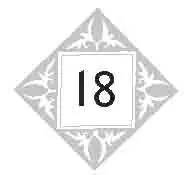
WHERE WERE THE TREES? Where were the parks? The place was dense and darkish and arterial. In this hot shadowy city of jumbled shops and blatting traffic I had the feeling I sometimes got in Calcutta, that I was passing through the entrails of a huge unhealthy body. Not just the look of the place but a brimming odor of muddy water, a prickle of stagnation; it was the river.
"Formerly this was Cotton Exchange and banking street."
Mr. Ghosh sat beside the driver, nodding and narrating.
"See, house of British merchant."
But it was all a failing semiruin mobbed by hurrying people. Our car was jostled by auto-rickshaws and cycle-rickshaws, by big dusty buses with Horn Please painted on the rear, and by the inevitable skinny cows. We traveled into the crowd of accumulating pedestrians, down side streets, and it really was like circulating inside an enormous, bloated, sprawling organism. Past sewers and sludge, the fruit sellers, old men hawking religious relics, pictures of bright-colored gods with green and blue faces, children selling packets of aspirin. Everyone was selling, no one buying. In this flat city I could see only twenty feet ahead.
The human activity, all the shrieks, the car horns, the hawkers' cries, masked the background, the Mirzapur of crumbling shops and broken pavements. The frenzy obscured the reality, that the city was poisonous and falling apart. But this was the feeling I had in most parts of Calcutta, because I was a visitor with the luxury of making snap judgments, able to move on.
"Look at that balcony," Howard said. "So beautifully carved. And that venerable old man."
His appreciation shamed me. He could see beauty in a peeling green porch, a wicker chair, an old coot in a diaper-tike dhoti. What I noticed was that none of the children was playing; they all looked like little old men.
But I had come here for a practical reason: to find the source of this carpet, to get to the bottom of Mrs. Unger's mystery. I was hot and uncomfortable, groggy from the rattling night on the train. I now resented Mrs. Unger for setting me on this path. I wasn't cut out for investigative reporting. But that shamed me too, for wasn't she a woman who devoted her life to good works? I now remembered what Mr. Ghosh had said.
"Why do you call her the Goddess?"
He didn't answer. He was talking to the driver. I noticed that we were on a slight incline, a sloping road lined with shops and the usual monsoon drain, dry in this season but filled with heaps of paper and plastic trash. Beyond the shops the light was brighter, the sky higher, as though there was a valley on the other side.
I saw distant houses and a brown, deeply scored, stony embankment like a hillside.
"Ganga," Mr. Ghosh said.
This excited Howard, who said, "Where are the ghats?"
"Ghats are there. Pujas are there. See garlands in river."
I saw thick stone piers, pitted with age, porous as bone, worn by the sloshing of the river, and beneath in the slow slip of the water a scum as of garbage and orange peels, sodden castoff marigolds and festering lilies.
"Where are the factories?" I said.
"Temple first. Vindhyachal. Presiding deity Vindhyavasini Devi."
"I don't want to see the temple," I said.
Howard said, "Why don't we let Mr. Ghosh…?"
"I want to see the American factory."
"Two American factories," he said. "Obeetee is major exporter. Long history. Handlooms. Dhurries. Woolen druggets. You are wanting druggets?"
"I am not wanting druggets," I said, and hearing a shriek in my voice tried to calm myself. "I want to see the other one."
"They are abundant," Mr. Ghosh said.
"The Goddess. Why do you call her the Goddess?"
"She is making puja at Kali Khoh temple."
"That's the only reason?"
"And when the business was cracked down, she prevailed over adversity."
"Why the crackdown?"
"Hullaballoo," Mr. Ghosh said. "We go later. In meantime we will visit handloom shop at Obeetee."
Of course for a visit to one of these shops he got baksheesh , and when we bought something he would find out what we paid and would get a commission.
Howard began to say something, but I interrupted.
"We have very little time," I said. "I want to see the American woman's factory. I want to see the carpets. Maybe I'll buy something there and you'll get some rupees."
"They are not proffering commission," he said. "See temple."
"No temple."
Howard said, "How far is the temple?"
"Factory," I said.
"Hotel Janhavi is adjacent. You can book in, bathe body, take some few breakfast eatables."
"Factory," I said.
"You are chiding, sir."
"I am not chiding."
Mr. Ghosh sighed, and with great reluctance he gave the driver a whispered order.
"What my friend means, Mr. Ghosh, is that we'd like to see the factory first, and then we'll look at the temple," Howard said.
"Temple is treasure of Mirzapur. Many yatris come to see Vindhyachal. Then to Astabhuja for goddess Mahasaraswati puja. Then to Kali Khoh for Maa Kali puja. This is holy place! Not merely weavings and carpets and floor coverings and whatnot. It is historical. Thousands of years."
He spoke resentfully, as if he did not want to take us where we wanted to go — my only reason for being in Mirzapur. And, thwarted in doing what he wanted to do, which was to be in charge, he sulked and said nothing while we crawled through traffic. As in Calcutta, traffic was also cows, pushcarts, wagons drawn by oxen and buffalo, auto-rickshaws, and old men on bikes, too maddening to be picturesque.
"Where are we?" Howard asked.
"Station road. Embankment. As requested."
Mr. Ghosh made it clear that he was taking us under protest. The car turned into a side road, and now the river was near enough to bulk in the air as a strong sewer smell. The light was gauzy in this openness. The city fell away at the littered and weedy bank of trampled mud. Beyond the stretch of water was another bank, low houses at the edge of it. Mr. Ghosh groaned and nodded as the car labored in the ruts and the wheels thumped into the potholes.
Читать дальше
